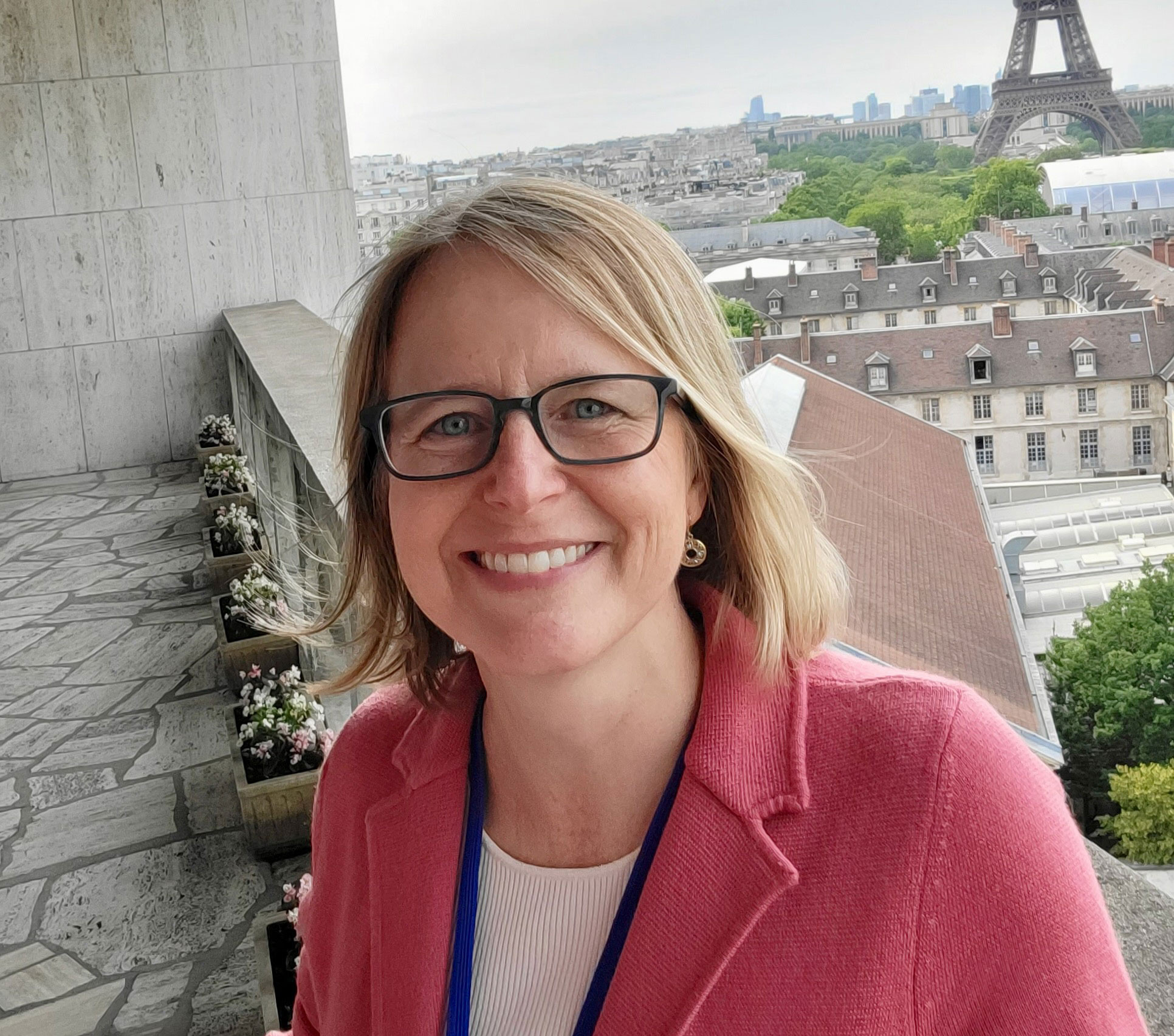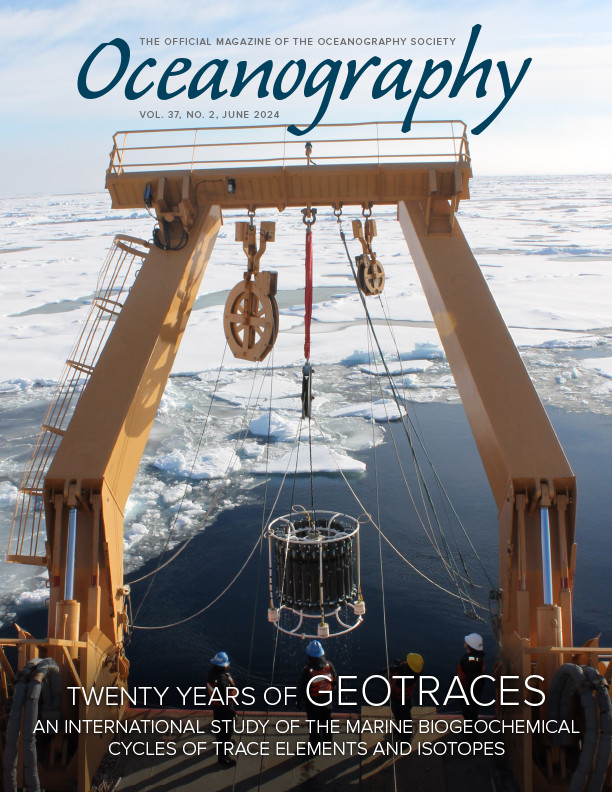Full Text

|
TRISHA BERGMANN, International Affairs Specialist, NOAA National Ocean Service
Degree: When, where, what, and what in?
I attended Rutgers University in New Jersey for both my undergraduate and graduate degrees, earning a bachelor of science in environmental science and a PhD in oceanography. My dissertation focused on the physiological ecology of coastal phytoplankton populations.
Did you stay in academia at all, and if so, for how long?
I did a two-year postdoc at the University of Maine in Orono, after which I left academia.
How did you go about searching for a job outside of the university setting?
I primarily used my professional network. As a graduate student or recent grad, stepping off the academic path can make you feel like you might be letting people down. I was lucky to have some colleagues who were supportive when I was looking for positions outside of academia. I asked them about the career paths of non-academic colleagues of theirs and followed the network until I found what interested me. I also applied for interesting positions that were a reach and made a point to ask the hiring committees what I needed to add to my CV to make me more competitive. These actions specifically led to my next job.
Is this the only job (post-academia) that you’ve had? If not, what else did you do?
An interviewer for a policy-focused position to which I applied, but was not offered, suggested I look into the American Association for the Advancement of Science (AAAS) Science & Technology Policy Fellowship program. This fellowship is designed for people with terminal degrees who are looking for specific experience in science policy. I spent two years as a AAAS Fellow working on international ocean policy and then transitioned to a federal position with the NOAA Office of International Affairs.
What is your current job? What path did you take to get there?
My current position is International Affairs Specialist for NOAA’s National Ocean Service. My job is primarily to develop science-based policy positions and represent the United States at international meetings to discuss best practices regarding ocean issues, negotiate international regulations and conventions, and maintain working relationships with other US federal agencies and international partners. Many people in science policy positions in Washington, DC, came here as part of a fellowship program aimed at offering government experience to scientists and academics. There are several good opportunities to do this, and they all provide pathways to science policy work. I focused mine on international work via AAAS, but opportunities can be tailored in many different ways depending on individual interests.
What did your oceanographic education (or academic career) give you that is useful in your current job?
I work with research scientists every day, both within NOAA and elsewhere, so knowing my academic audience is certainly valuable. And I feel like I was well prepared for public speaking, succinct communication, problem solving, working productively with people from different backgrounds or with different end goals, and maintaining composure in tough situations. Long meetings at the United Nations are never as intense as long research cruises with bad weather, seasick colleagues, and malfunctioning equipment!
Is there any course or other training you would have liked to have had as part of your graduate education to meet the demands of the job market?
It would have been useful to have some proper training in non-technical writing and communications, which are skills I now use every day. And, of course, I would have loved more guidance on non-academic opportunities available to scientists and how to best translate my academic skills for working outside academia.
Is the job satisfying? What aspects of the job do you like best/least?
I like to think the work I do will eventually change how the world operates for the better. In today’s world, good international relations are absolutely necessary, and my little piece, representing the United States, is important. Often, it can take years to see direct results of the kind of work I do, so I try to take a long-term view and appreciate any small victories.
People often ask about the travel required for my job, and I’ll admit that I have a love-hate relationship with work travel in international affairs. Although traveling to new places and experiencing new cultures is always interesting, I can say for certain that over-air-conditioned conference rooms look the same no matter where you are in the world.
Do you have any recommendations for new grads looking for jobs?
I’m sure you’re tired of hearing it, but the well-shared advice is true: use your professional networks to your advantage, and talk to all kinds of people about their work. Trying to change your career path can feel overwhelming, but you already have the research and problem-solving skills to be successful. You’ve got this!

